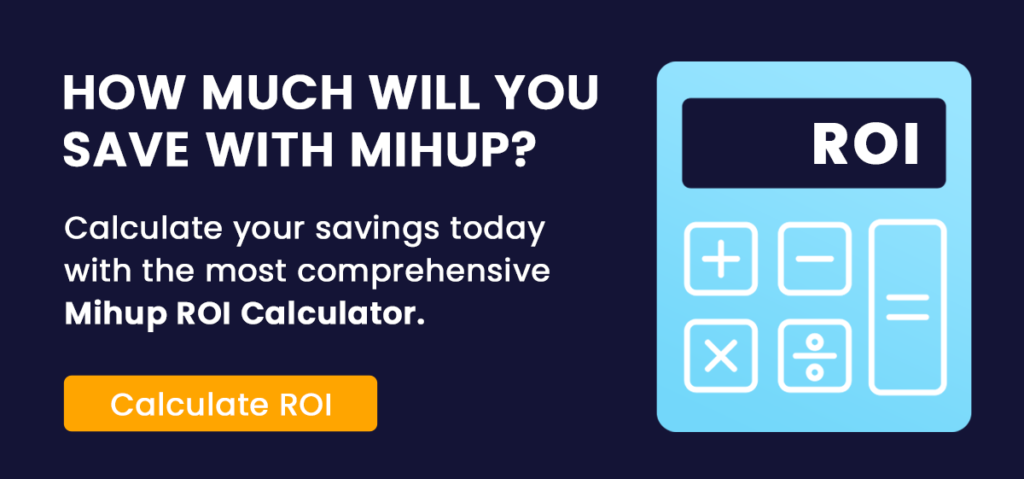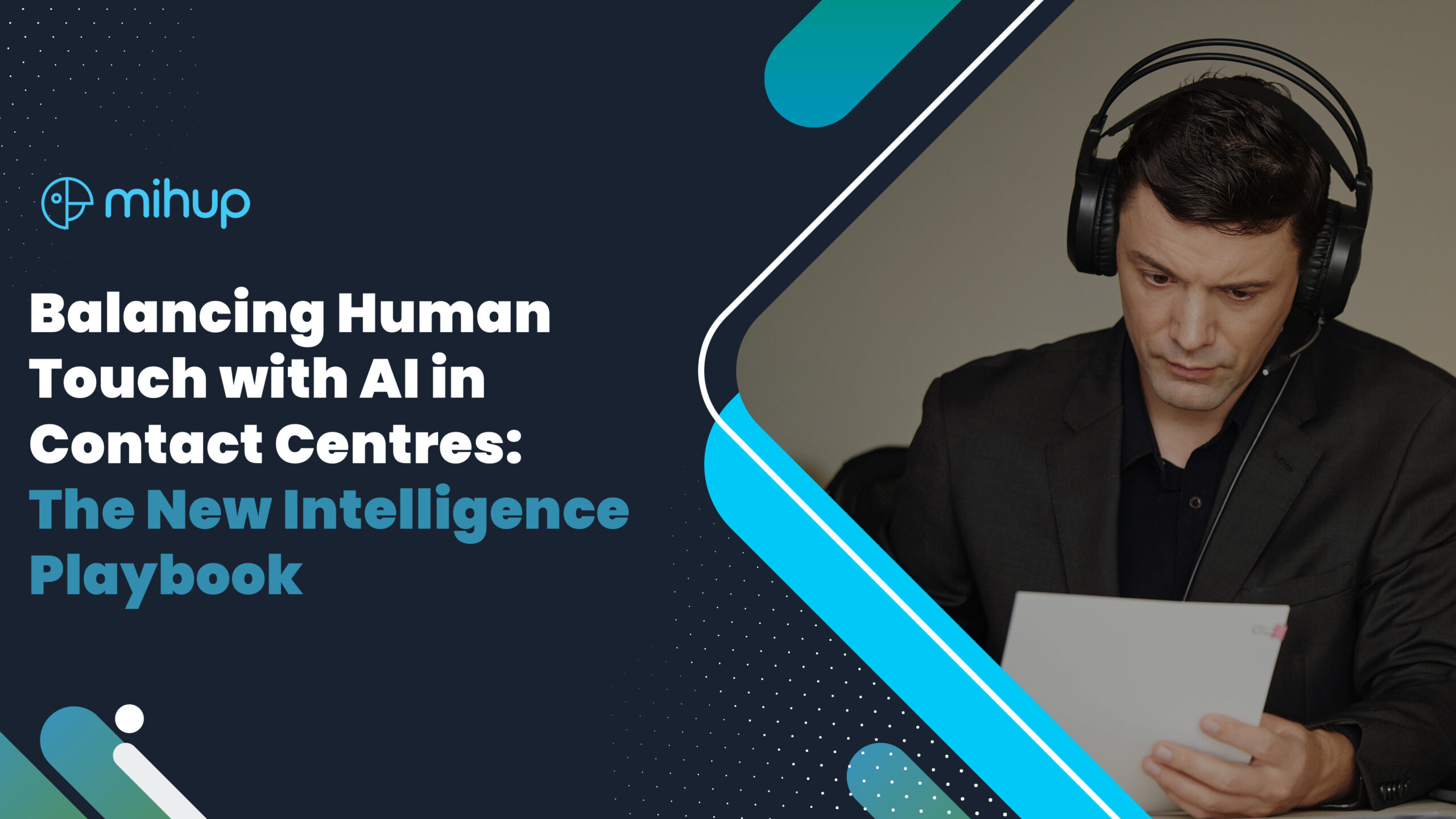Collections calls are a necessary part of doing business for many organizations. However, they can also be time-consuming and frustrating for both the collector and the customer. Speech analytics is a technology that can be used to transform these routine calls into valuable insights.
Speech analytics is the process of analyzing audio recordings to identify patterns and trends in speech. This information can then be used to improve the collections process, reduce costs, and increase customer satisfaction.
Understanding the Collections Landscape
Collections are a fundamental part of the financial sector. Whether it’s a bank, a credit card company, or a lending institution, managing overdue payments is critical for maintaining financial stability. Collections teams are tasked with contacting customers who have fallen behind on their payments and working with them to find a resolution. While this process is essential, it can be resource-intensive and, at times, frustrating for both customers and collections agents.
Collections calls typically follow a well-defined script, with agents asking customers to make payments or negotiate repayment terms. These interactions are often perceived negatively by customers and can lead to increased stress and frustration on both sides. Furthermore, manually managing and monitoring these interactions can be time-consuming and prone to human error.
The Power of Speech Analytics
Picture a technology that listens, understands, and transforms spoken words into valuable insights in real time. That’s the magic of speech analytics – a cutting-edge tool powered by natural language processing (NLP) and machine learning. Discover how speech analytics can redefine routine collections calls:
1. Sentiment Insight:
Think of speech analytics as an emotional detective during collections calls. By analyzing the tone and language used by customers and agents, it can sense if a customer is upset, cooperative, or resistant.
When frustration rises, speech analytics acts like a conductor changing the tune. Agents can adapt, offering empathy or alternative solutions for a better customer experience and improved debt recovery.
To know more about Sentiment Analysis and how it works, read this blog: Sentiment Analysis in NLP: Decoding Emotions
2. Compliance Guardian:
Compliance in collections is like a dance, and speech analytics leads the way. It watches collections agents closely, detecting any non-compliant language or behavior.
Like a vigilant choreographer, it ensures every move aligns with regulatory guidelines, preventing costly penalties and ensuring fair customer treatment.
3. Performance Spotlight:
Collections agents take center stage in debt recovery. Speech analytics watches their performance closely, identifying top performers and areas for improvement.
It acts as a spotlight, showcasing top negotiators and prompting targeted training programs for agents who need it.
4. Data-Driven Insights:
Collections calls are a goldmine of data. Speech analytics effortlessly transcribes and analyzes them, revealing customer behavior patterns and opportunities for product improvements.
It interprets data, guiding institutions toward informed decisions and customer-centric solutions.
To read more about the role of Speech Analytics in customer data, read this blog: Data Analysis for Customer Service Companies
Implementing Speech Analytics in Collections
The implementation of speech analytics in collections is a game-changer for financial institutions. It empowers collections teams with powerful tools that not only streamline operations but also enhance the customer experience, ensure compliance, and drive sales activation. Let’s delve into the remarkable capabilities of speech analytics in these key areas:
1. Identifying Promise-to-Pay and Refusal-to-Pay Correctly
One of the fundamental challenges in collections is distinguishing between customers who genuinely intend to pay and those who are unwilling to do so. This critical differentiation can significantly impact collections success rates. Here’s how speech analytics comes to the rescue:
- Real-time Intent Analysis: Speech analytics uses natural language processing (NLP) and machine learning to analyze the content and tone of customer-agent conversations in real time. It can detect subtle cues and nuances in language that indicate a customer’s intent accurately.
- Identifying Promise-to-Pay: When a customer expresses a commitment to make a payment during a conversation, speech analytics can immediately flag this as a “Promise-to-Pay.” This information is invaluable as it allows collections teams to prioritize these cases and follow up promptly to secure the payment.
- Spotting Refusal-to-Pay: On the other hand, speech analytics can identify signs of refusal-to-pay, such as repeated refusals, evasive language, or clear objections. Recognizing these signals early enables collections teams to explore alternative strategies, such as negotiations or hardship programs, to address the customer’s concerns effectively.
2. Detecting Abusive Language Usage
Maintaining respectful and professional interactions is essential in collections. Unfortunately, in high-stress situations, some agents may resort to using abusive language or inappropriate behavior. This not only damages the customer-agent relationship but can also lead to regulatory compliance issues. Here’s how speech analytics helps in identifying and rectifying such behavior:
- Keyword and Phrase Analysis: Speech analytics is programmed to recognize specific keywords and phrases associated with abusive language or behavior. It continuously scans conversations for these indicators.
- Real-time Alerts: When an agent uses potentially abusive language, the system triggers real-time alerts. These alerts can notify supervisors or team leads, enabling them to intervene immediately and provide coaching or corrective actions.
- Maintaining Compliance: By proactively identifying and addressing abusive language, speech analytics helps collections teams maintain compliance with regulatory guidelines, which often mandate respectful and professional interactions with customers.
3. Identifying Compliance Issues
Compliance is non-negotiable in collections. Financial institutions must adhere to a complex web of regulatory requirements to avoid legal consequences and protect their reputation. Speech analytics serves as a vigilant watchdog in this regard:
- Automated Compliance Checks: Speech analytics conducts automated compliance checks during every collections call. It listens for key compliance-related phrases, disclosures, and behaviors, ensuring that agents adhere to all relevant regulations.
- Flagging Non-compliance: When non-compliant behavior or language is detected, speech analytics promptly flags these instances for review. This enables collections supervisors and compliance teams to investigate and address potential issues promptly.
- Comprehensive Reporting: Speech analytics generates comprehensive reports on compliance-related metrics, providing a detailed overview of adherence to regulatory requirements. These reports are invaluable during audits and regulatory inspections.
4. Enhancing Sales Activation
Collections calls can also serve as an opportunity for sales activation. While the primary goal is debt recovery, speech analytics can identify additional opportunities to offer customers products or services that align with their needs. Here’s how it can help in this area:
- Customer Insights: Speech analytics mines customer conversations for insights into their financial situation, preferences, and pain points. This information can inform targeted sales offers.
- Sales Trigger Identification: The technology can recognize triggers or cues in conversations that indicate a customer’s potential interest in a new financial product or service. For example, if a customer expresses concern about their credit score, this could trigger an offer for credit repair services.
- Script Customization: Collections scripts can be customized to include sales offers based on real-time insights from speech analytics. This ensures that agents can seamlessly transition from debt recovery discussions to sales activations.
The Future of Collections
In the dynamic and highly regulated world of collections, staying ahead of the curve is essential. Speech analytics offers financial institutions the opportunity to not only streamline collections operations but also enhance the customer experience and ensure compliance with regulatory requirements.
By transforming routine collections calls into valuable sources of data-driven insights, financial institutions can optimize their debt recovery efforts, improve agent performance, and, most importantly, provide better outcomes for their customers. As the collections landscape continues to evolve, speech analytics will undoubtedly play an increasingly vital role in shaping its future.





